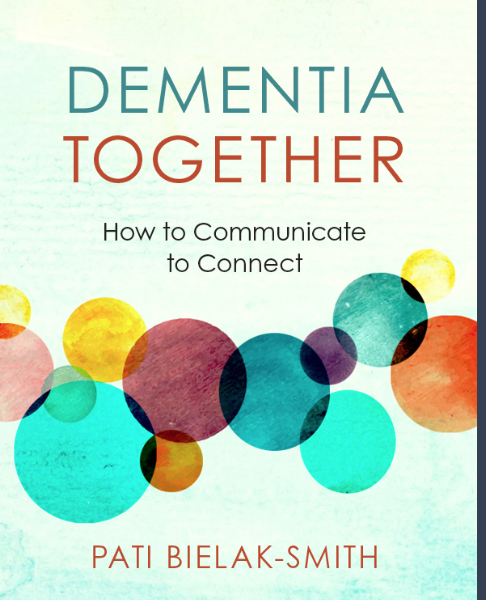“Take me home at once! Can you hear me?! Get me out of here! You wretched, stupid woman!” – shouted Yvonne, a lady in her late nineties, who was receiving care in her own home.
“But you are in your bedroom. Look around,” said the caregiver in a loving voice, trying not to contradict the woman who could not recognize the bedroom in which she had slept for the last thirty years. “Look at the picture of your late husband. You recognize him, don’t you?”
“You stupid woman! This is not my bedroom!” Yvonne insisted angrily.
To most of us, people with dementia may seem to have lost touch with reality. They may not recognise what’s there, even their own home. Or they may seem to live in a world from decades ago. They may perceive objects or voices that aren’t visible or audible to us, or converse with people we know are long dead. Hence some approaches to dementia care emphasize “reorienting them to reality.” For example, correcting someone with dementia by saying, There is no alligator in the room, so don’t be scared. Or, Now calm down, your father died fifty years ago. He is certainly not shouting at you. These attempts at “reorienting to reality” often feed a person facts from our own sensible world, and they manipulate feelings through commands such as Don’t worry, Calm down, or There’s no reason to cry. As a result we may lose this person, disconnect from them and label as ‘unreasonable’ or ‘irrational’.
And even if we try our best not judging them and trying to establish a neutral observation, like “We are in your bedroom, Yvonne” it may not get us anywhere. We are still talking about the world as it appears to us, not to them.
Observation is the very first commitment in NVC
Observation is the very first commitment in Nonviolent Communication, followed by Feeling, Need, and Request. But to communicate with someone who is living with dementia, we need to add some Empathic Imagination to it: What may be appearing to Yvonne?
We need empathic imagination
Empathic imagination means we have a genuine interest in what may be happening for another person, and we make a respectful attempt to understand what they may be experiencing, through their feelings and needs. It means being curious about their world. Empathic imagination is focused on discovering what’s real, not what’s imaginary because for them, their worry, upset or fear are a living reality. A reality we could relate to simply because each one of us is worried or scared at times. Instead, using NVC, a more connecting conversation could go like this:
Caregiver: “Yvonne, are anxious because you would like to be able to feel safe here?”
Yvonne: “I want to know whether things will get worse if I stay here any longer.”
Caregiver: “Ah, so you would like reassurance that it’s safe to stay? Is that right?”
Yvonne: “Yes.” She took a breath. “Am I going to be okay?”
The carer took Yvonne’s hand and they both smiled at each other.
It seemed Yvonne’s need for reassurance was fulfilled now, or maybe trust played a bigger part in bringing her peace of mind.
Not everyone sees alligators in the living-room, nor argues with their dead relative. But we all have a need for safety, fairness and peace. By replacing the ability to reason about facts with the ability to connect to the universal human needs, we meet one another, despite dementia.
A dementia relationship, like any other meaningful companionship, is all about meeting each other at the threshold of our worlds. If we stubbornly insist on one reality only, meeting others there may be difficult. If your world has no room for other perceived worlds, you may miss out on the joy of contributing to another’s well-being. I believe that no other person can make us happy, but that happiness comes from fulfilling another’s needs and having our needs fulfilled. This is the joy of giving and receiving empathically. The joy of communicating between worlds.
My name is Patti



Listeners need to give up their knowledge which is given by society, family, friends (outer world) so may a empty space and a silence where the speaker can explore their own feelings thoughts, experiences(inner world).
We need to know that actually we don’t know anything about ourselves and others as Socrates said “Know thyself.”
I think dimentia(loss of your current identities which were given by outer world) can symbolize this state of minds. Ironically it can be deliberate and conscious dimentia unlike pathological one.
Hello A~mina,
Yes, it does seem that dementia is challenging people’s conventional sense of identify and therefore in a way frees them up from an assumption that they know ‘who am I’ and ‘who are you’. In a sense it invites fresh start in self-discovery, doesn’t it?
with warmth,
Pati Bielak-Smith